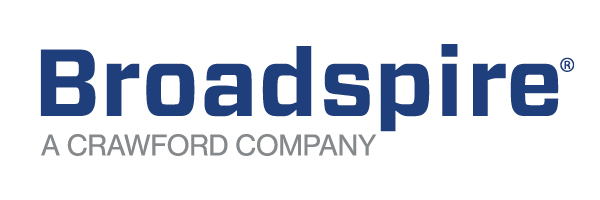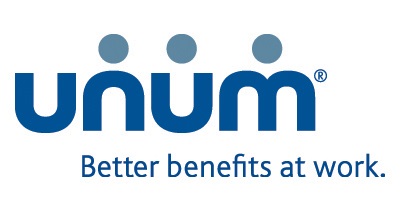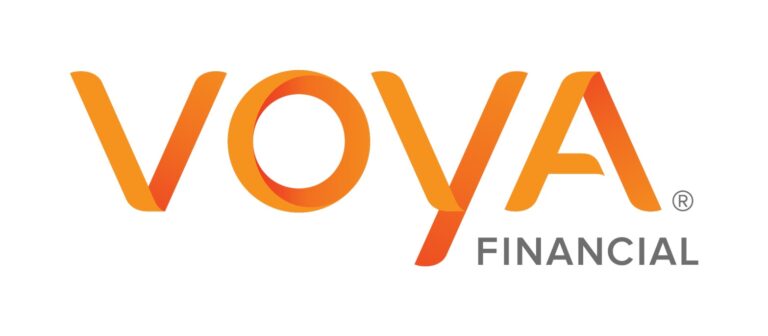Alaska Paid Sick Leave Law Goes Into Effect
2025 Changes to Washington’s Paid Family and Medical Leave Program
Iowa Requires Equal Treatment for Adoptive Parents by Employers
Getting Incomplete or Insufficient FMLA Medical Certifications? Request More Information
DMEC News: June-August 2025
The Strength of Interwoven Threads: Effective Plan and Policy Design
As paid leave options expand across the U.S., employers must consider whether investing in short-term disability remains essential.































